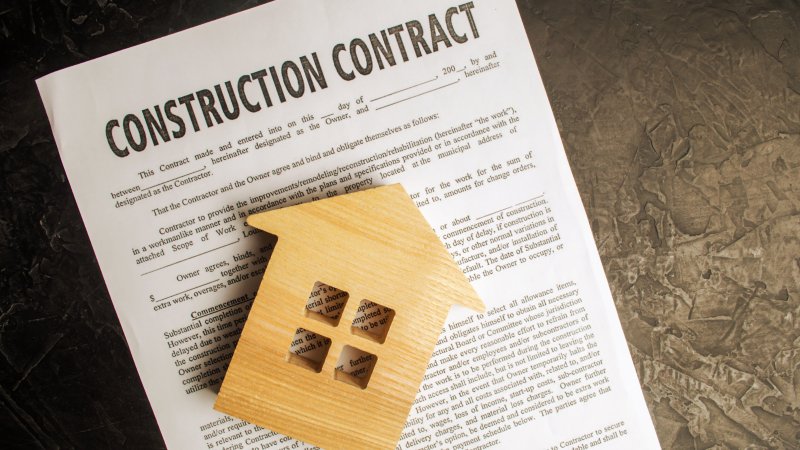NARRAGANSETT, R.I. (WPRI) — Narragansett police put out a warning to community members after a scam was reported on Monday.
An elderly resident told police that three men requested a down payment for home improvement work. The men allegedly completed a small amount of work before leaving.
Police say this type of scam is common and frequently targets seniors.
People posing as construction workers may approach homeowners and offer to help with legitimate repairs. Once the scammers get the cash, they’ll do very little work before leaving for good.
Similar scams have been reported around Rhode Island and Massachusetts, according to police.
Chief Sean Corrigan urged people to “stay vigilant, verify contractors and report any suspicious activity in your neighborhood.”
“Together we can protect our community from these deceitful practices,” he added.
The Federal Trade Commission (FTC) offered these tips to avoid home improvement scams:
Only consider licensed or insured contractors
If you live in Rhode Island, you can search for a contractor’s license here.
If you live in Massachusetts, you can check if a contractor is licensed here.
Read reviews
Before hiring a contractor, read their customer reviews from an online rating website that you trust.
Get estimates
According to the FTC, written estimates should include “a description of the work to be done, materials, completion date, and the price.”
Don’t just choose the lowest estimate. If there’s a big difference in price among estimates you receive, ask for an explanation.
Check your contract
Even in states where written contracts are not required, you should always ask for one. The FTC says a contract should include:
- The contractor’s name, address, phone number and license number
- An estimated start and completion date
- Any promises about the scope of the work, cost of labor or materials
- A written statement of your right to cancel the contract within three business days if you signed it in your home
Don’t pay in full up front
The FTC says you should never make the final payment on your project until the work is done and you’re satisfied with it.













